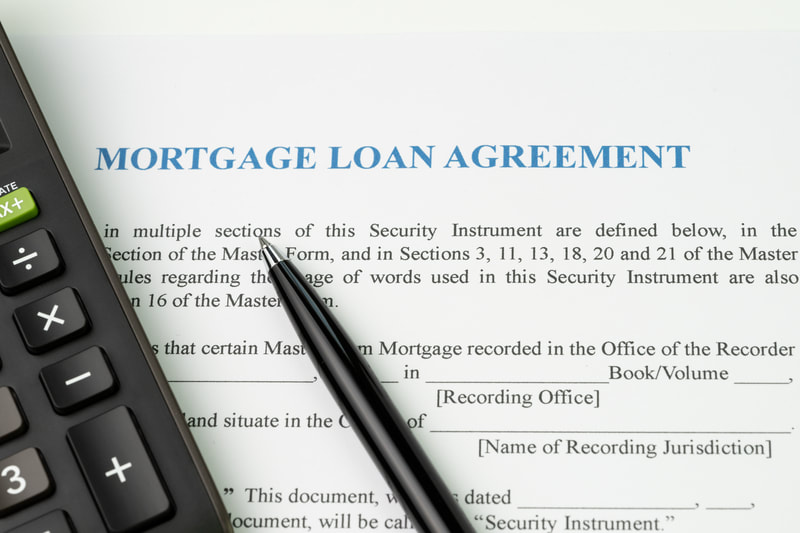Figuring out how to fund your retirement can be tough. There are a lot of options, from Social Security to 401(k)s and other retirement accounts, not to mention various investments you might have made over the years. Unfortunately, that money isn’t always enough to live on, in which case you may be considering getting a reverse mortgage. While it’s a good option for some people, there are things you need to know before you make a final decision.
Be Aware of Fees
When you hear the ads for reverse mortgages on the radio or other advertising methods, there are a lot of things you don’t hear. One of those things is the fees that are involved in a reverse mortgage. Upfront costs you can expect to pay include an HECM counseling fee, an appraisal fee, an origination fee, closing costs, and possibly mortgage insurance. Ongoing costs include your mortgage insurance premiums and loan servicing fees. Make sure you completely understand the cost of the fees you would be responsible for before signing on for a reverse mortgage.
Avoid Predatory Lending Practices
While the hope is that lenders have your best interests in mind and will work to get you the best deal possible, that isn’t always the case. Some lenders are far more interested in making as much money off of you as they can, regardless of the cost to you. Predatory lenders will offer above-average interest rates for high-risk borrowers. To avoid getting caught up in predatory lending practices, take the time to shop around, get informed, and read everything very carefully before signing.
It Isn’t Free Money
It can be easy to think of a reverse mortgage as free money, but that isn’t the case. Yes, the equity in your home is being liquidated for your use, but make no mistake - a reverse mortgage is a loan. At some point, that money will need to be repaid by someone. If you have a lot of equity in your home but are cash poor, it may be a good option. On the other hand, if you have ample income from other sources, it’s best to steer clear of reverse mortgages.
It’s important to make sure you know what you’re getting into before getting a reverse mortgage. There are fees you’ll need to take into account, and not all lenders will have your best interests at heart. It’s also important to keep in mind that it isn’t free money. Make sure you understand the ins and outs of a reverse mortgage before you sign up to make sure it’s truly a good fit for you.
Read this next: How to Protect Yourself against Wild Market Swings in Retirement

 RSS Feed
RSS Feed
